
In a wide-ranging interview with Lauren Jackson of the New York Times, the author of “The Age of Surveillance Capitalism” talks about why people should pay attention to how big tech companies are using their information.
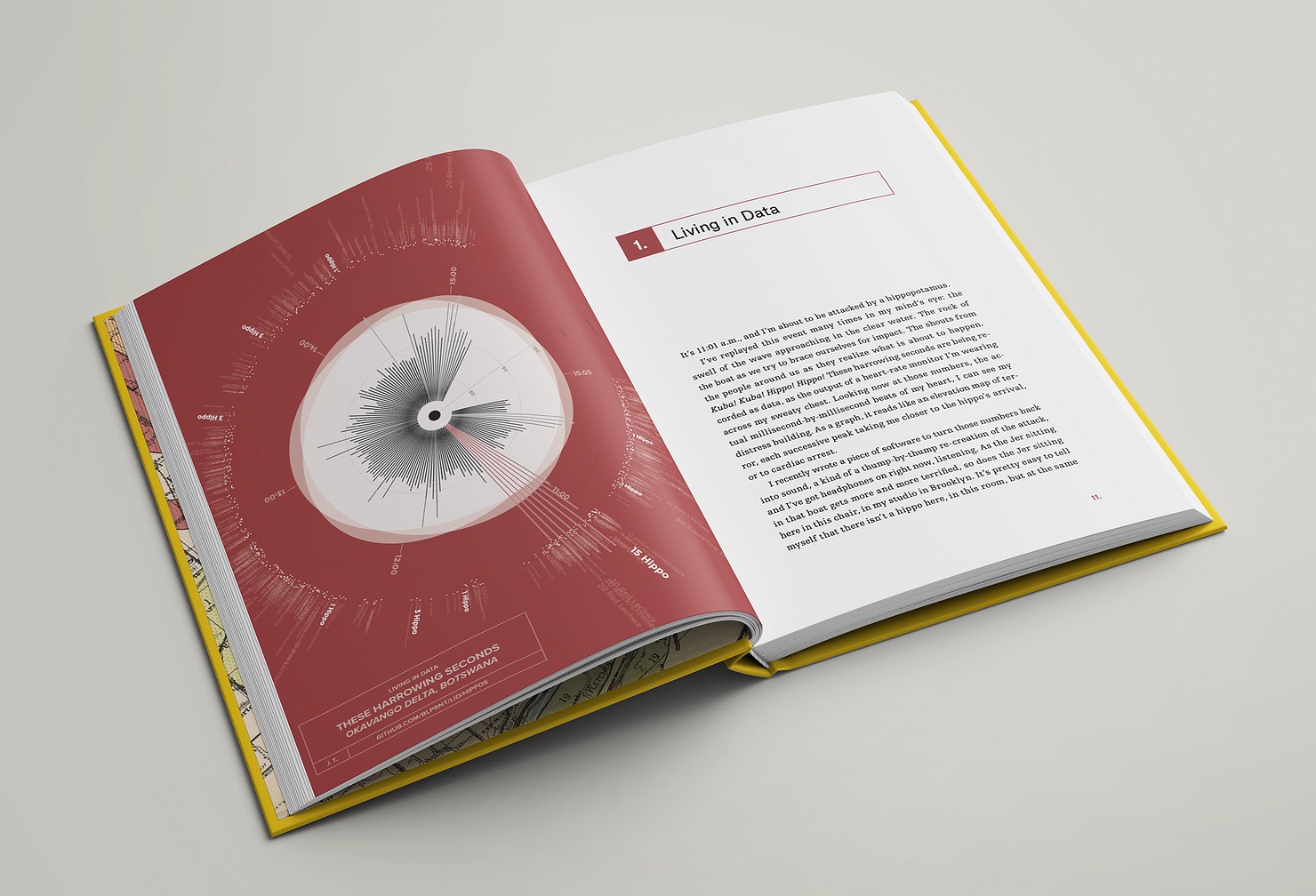
In this provocative book, Jer Thorp brings his work as a data artist to bear on an exploration of our current and future relationship with data, transcending facts and figures to find new, more visceral ways to engage with data.

A book about the life of data and living with data.
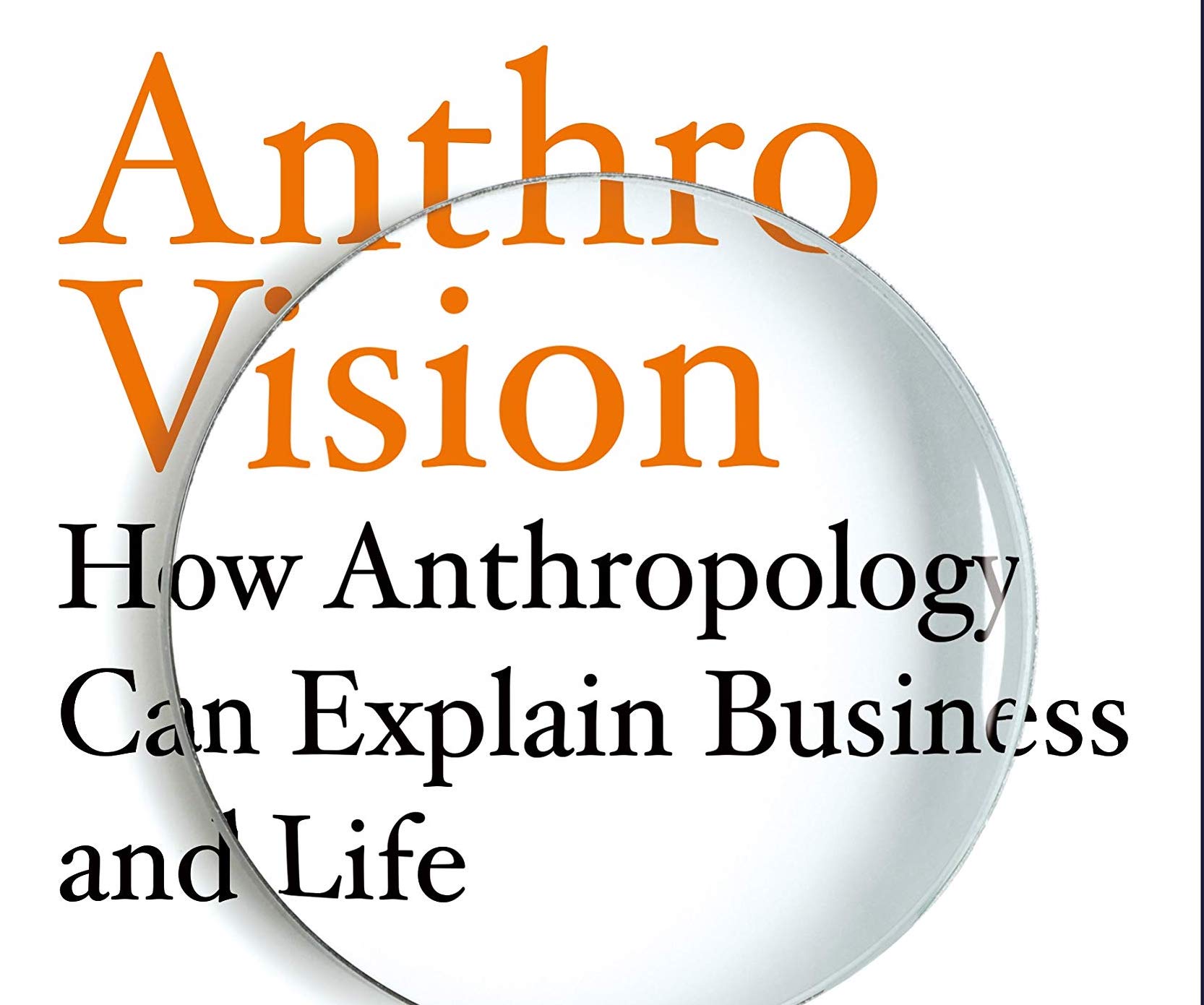
In an age when the business world is dominated by technology and data analysis, award-winning financial journalist and anthropology PhD Gillian Tett presents a radically different strategy for success: businesses can revolutionize their understanding of behavior by studying consumers, markets, and organizations through an anthropological lens.

Why does the world need anthropology and anthropologists? This collection of essays written by prominent academic, practising and applied anthropologists aims to answer this provocative question.
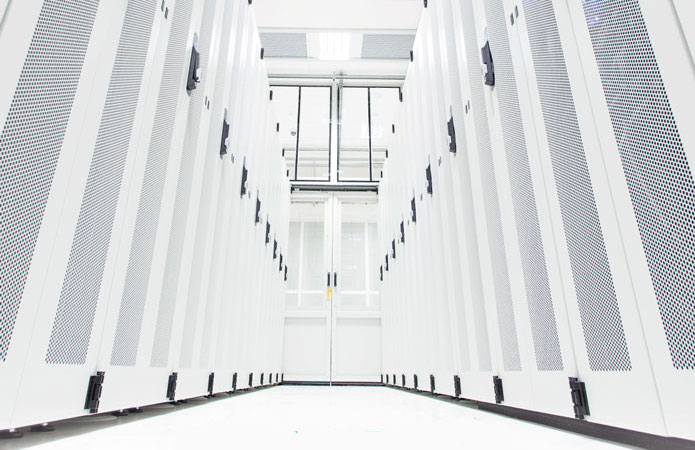
Special issue of the Journal of the Royal Anthropological Institute

In a year in which Covid-19 has forced researchers to resort to online research, what opportunities for the industry exist in digital ethnography? Liam Kay of ResearchLive reports on the highlights of the Market Research Society’s Digital Ethnography Summit:
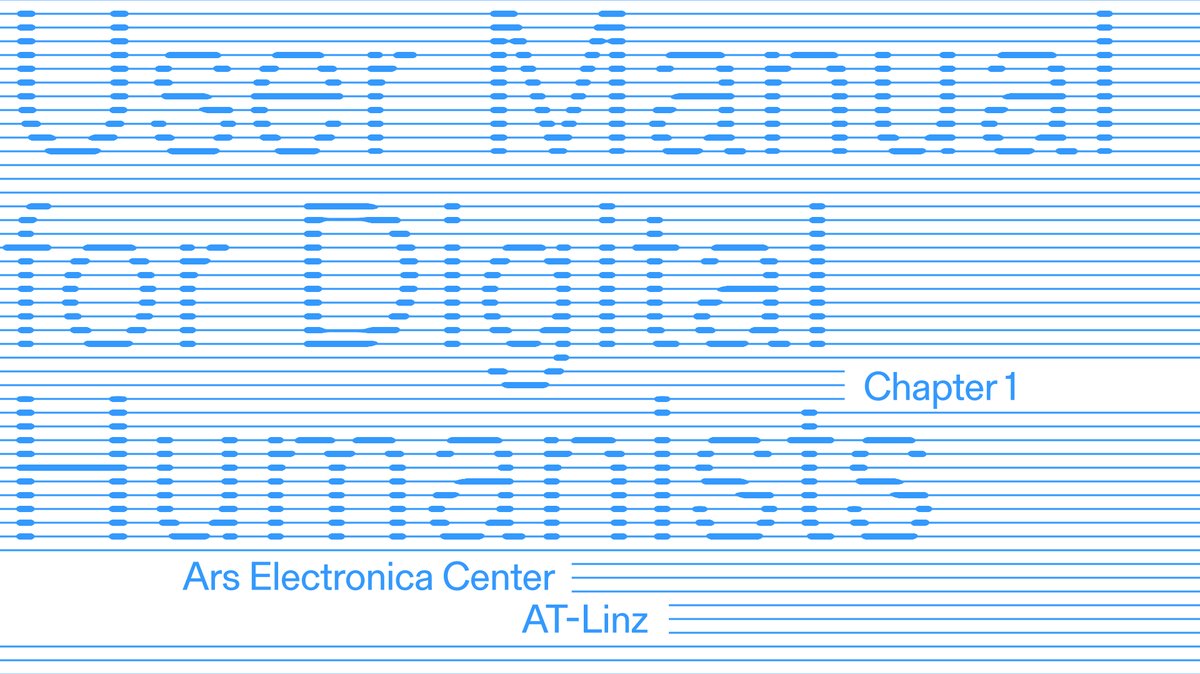
What does it mean on a practical level to become a digital humanist? 'User Manual for Digital Humanists' is a new Ars Electronica video series that focuses on re-evaluating our relationship to the technologies we’ve created and how we use them
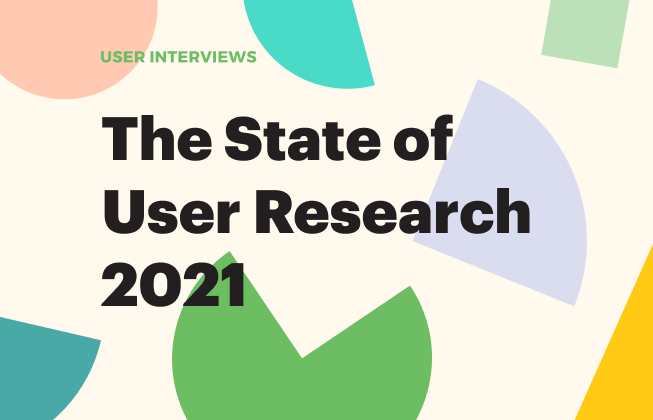
The US based user research recruiting platform "User Interviews" has just published its State of User Research 2021 report, based on responses from 525 people who do research as at least part of their job..

When customers form an emotional attachment or self-identify with a product, that sense of “mine” enhances its luster and keeps them coming back for more. As shoppers shift away from owning material things, how can marketers preserve these benefits?
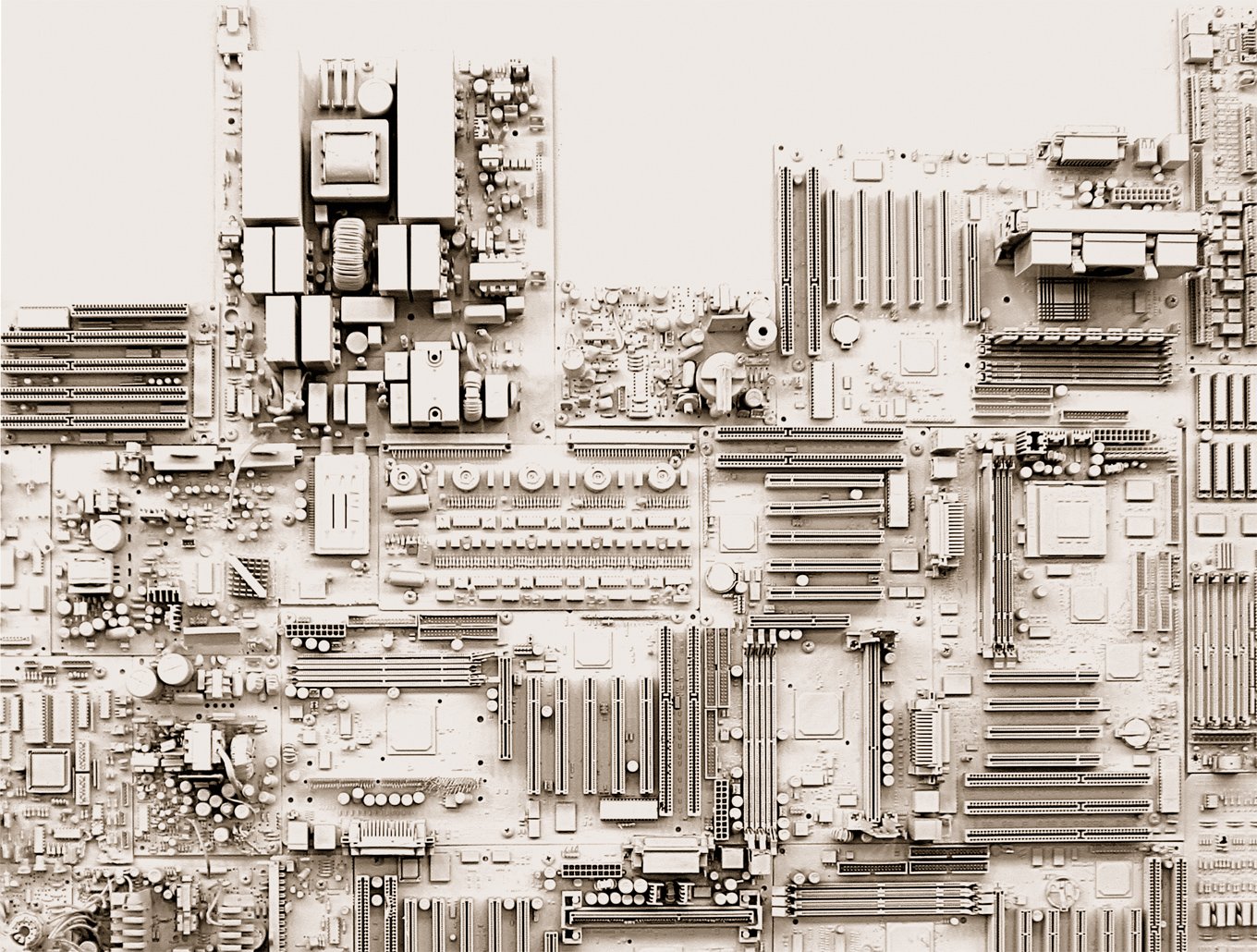
A bold reassessment of "smart cities" that reveals what is lost when we conceive of our urban spaces as computers
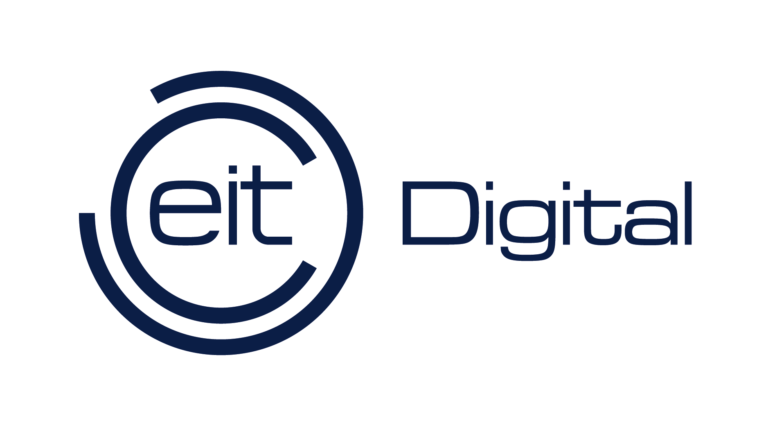
The Crypto Sentiment Advisor (CSA) is an EIT-Digital supported platform for investors holding cryptocurrencies, to anticipate swings in the sentiment for their investments. Experientia is in charge of the UX research that will inform the definition of the value proposition and the UX/UI design guidelines of the CSA solution.
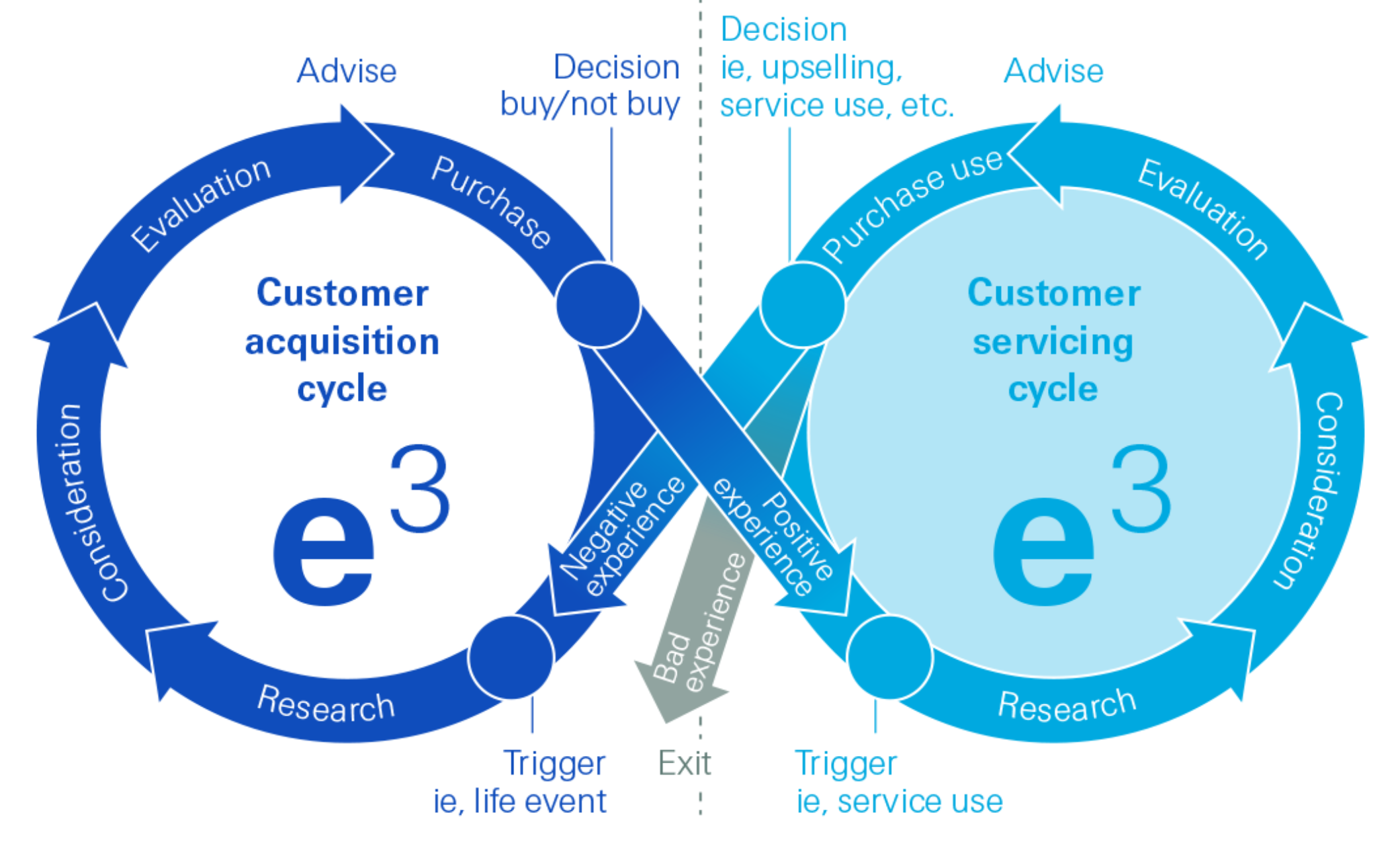
COVID-19 has accelerated the digital transformation of insurance companies. If insurers apply the e3 lens when assessing their touchpoints, they can create tailored, engaging and empowering connections with their customers. By building this process into their value propositions, insurers can become much more customer-centric.

The COVID-19 pandemic is changing how we work, travel, communicate, shop and more, but which new habits are likely to stick permanently? The authors explore five key behavioural changes and their implications for risk and protection.
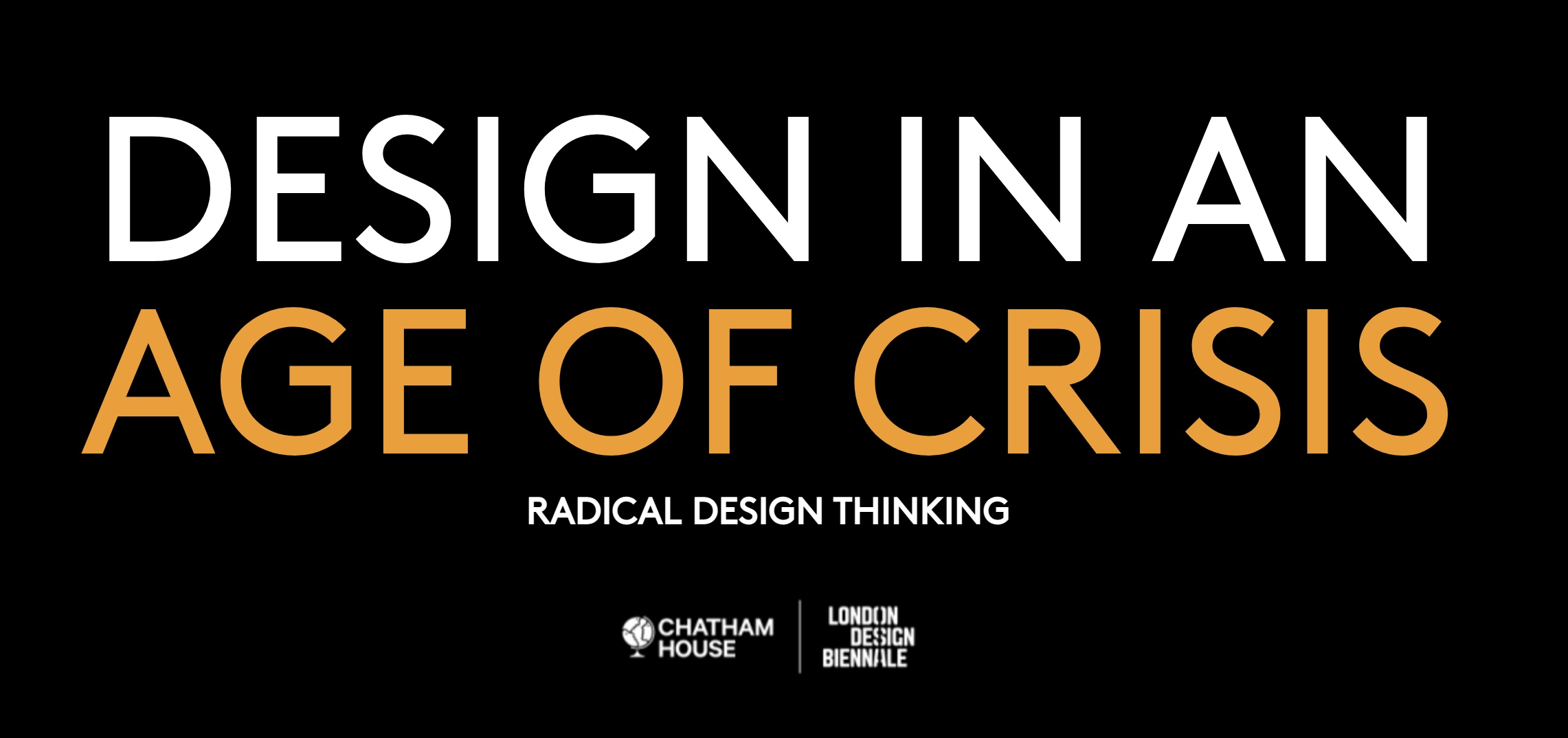
The Design In An Age Of Crisis Gallery features submissions to a global open call issued in 2020 by Chatham House and London Design Biennale, inviting radical design thinking from the world’s design community, the public and young people.
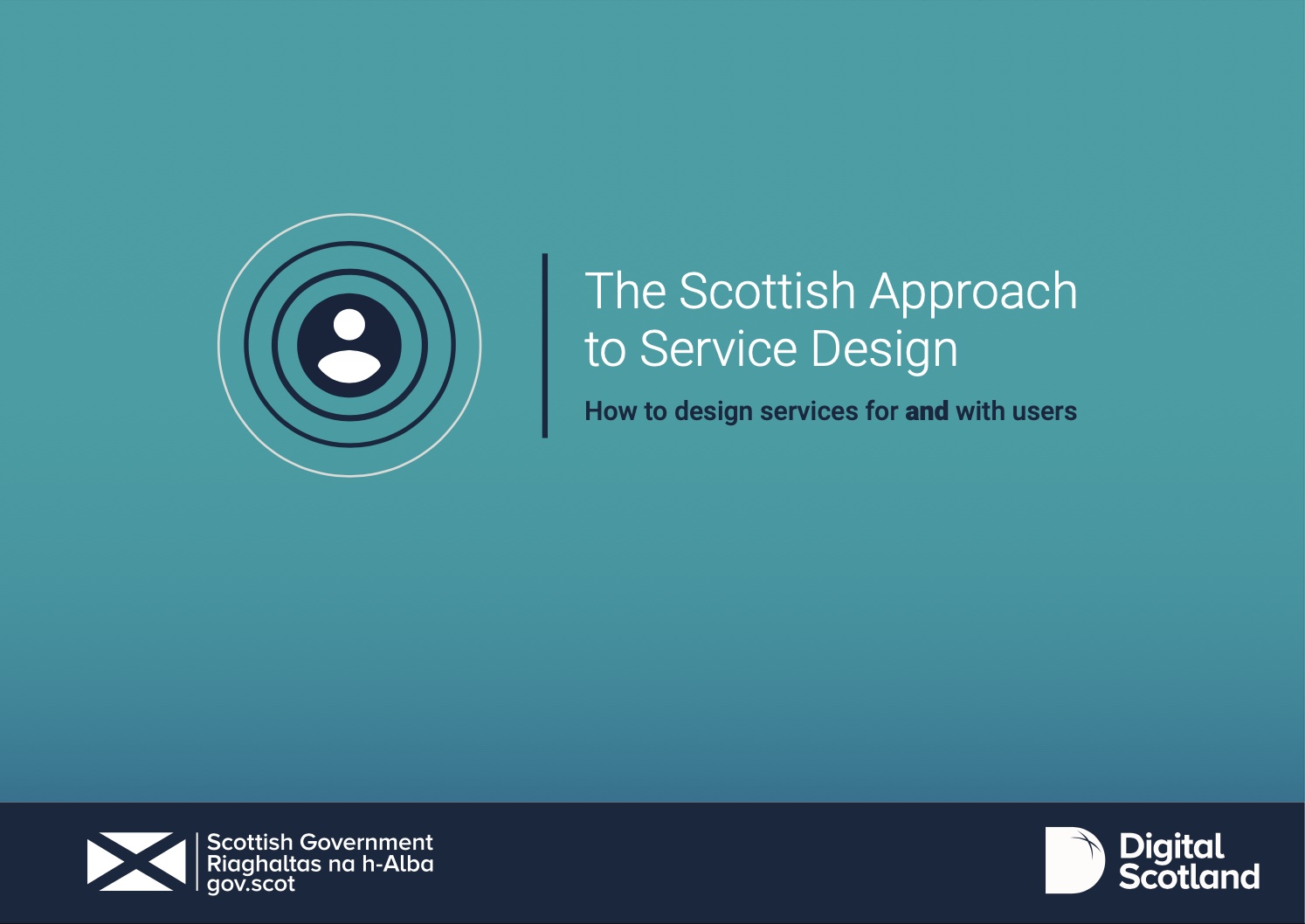
The vision for the Scottish Approach to Service Design is that the people of Scotland are supported and empowered to actively participate in the definition, design and delivery of their public services (from policy making to live service improvement).
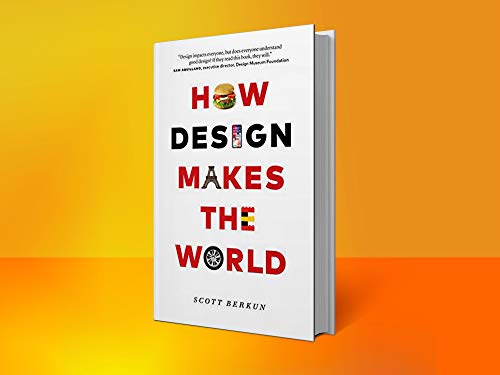
From the airplane armrest to the Facebook “like” button, and everything in between, Berkun shows how design helps or hinders everyone, and offers a new way to think about the world around you.
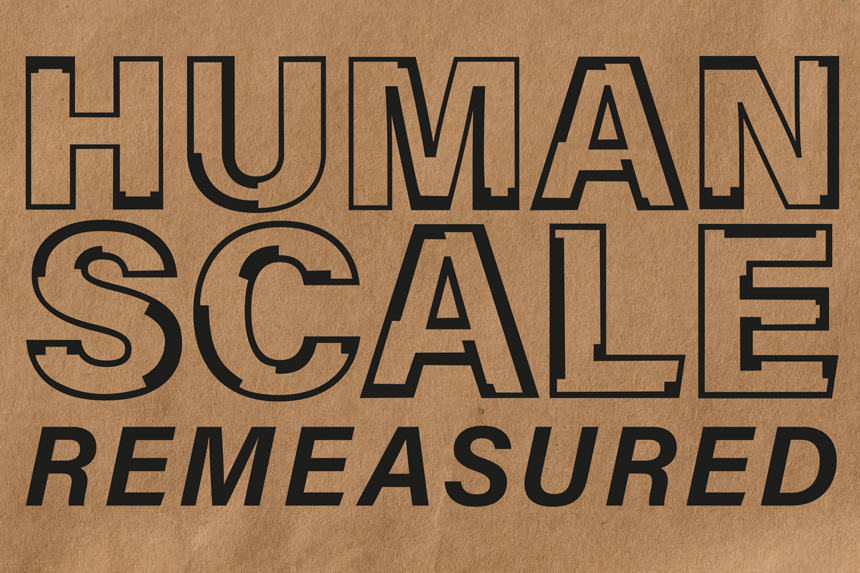
The exhibition, curated by ANCB The Aedes Metropolitan Laboratory, presents exemplary built projects and outstanding conceptual models by architects and planners from all over the world

All videos of the Service Design Global Conference of October 2020 [#SDGC20] are now available for free on youtube. Here the links to the keynotes and the talks (and links to slide decks when available).

Annalisa Dominoni presents a new discipline that will have an increasingly strong impact on behavior and performance of astronauts.

From City of London traders to Indian rickshaw drivers, everyone uses a more intimate style of conversation on video calls.

This special issue collects six articles tackling artificial intelligence (AI) from a social science perspective.

Innovation can only occur in the right environment. While organizations can attempt to hire for innovation, there is little that can blossom in a restrictive and discouraging physical setting - even if the space holds the most creative and vibrant thinkers.
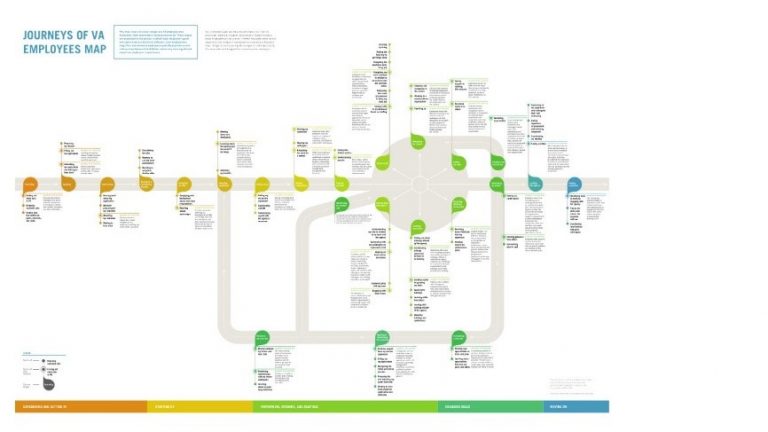
The employee experience (EX) journey map of the US Government’s Department of Veteran Affairs (VA) identifies the moments that matter during a VA employee’s career using the same human-centered design process that VA’s Veterans Experience Office (VEO) has applied in the development of 45 customer journey maps…
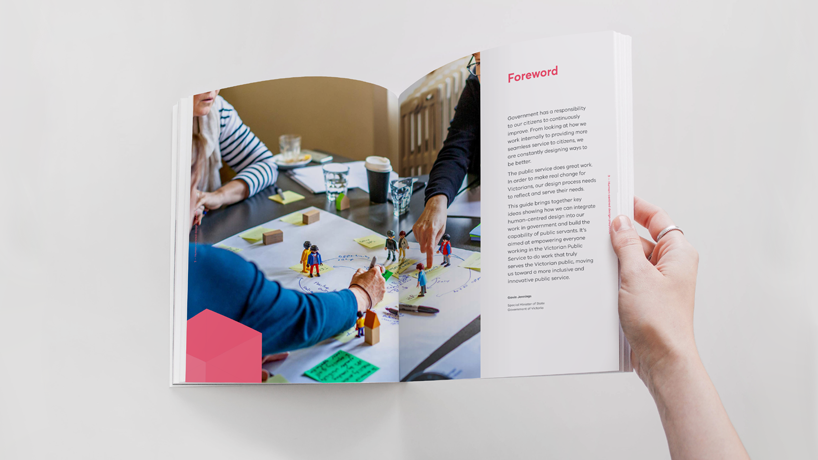
This guide brings together key ideas showing how we can integrate human-centred design into our work in government and build the capability of public servants.
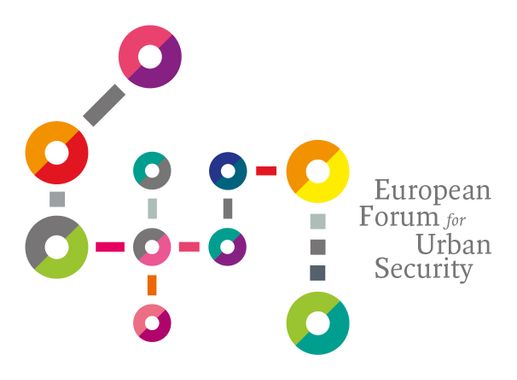
On 24 November Elena Guidorzi, research unit coordinator of Experientia, will speak at the EFUS web conference entitled "Reducing and preventing the feeling of insecurity at night", highlighting her experience coordinating the ToNite project.
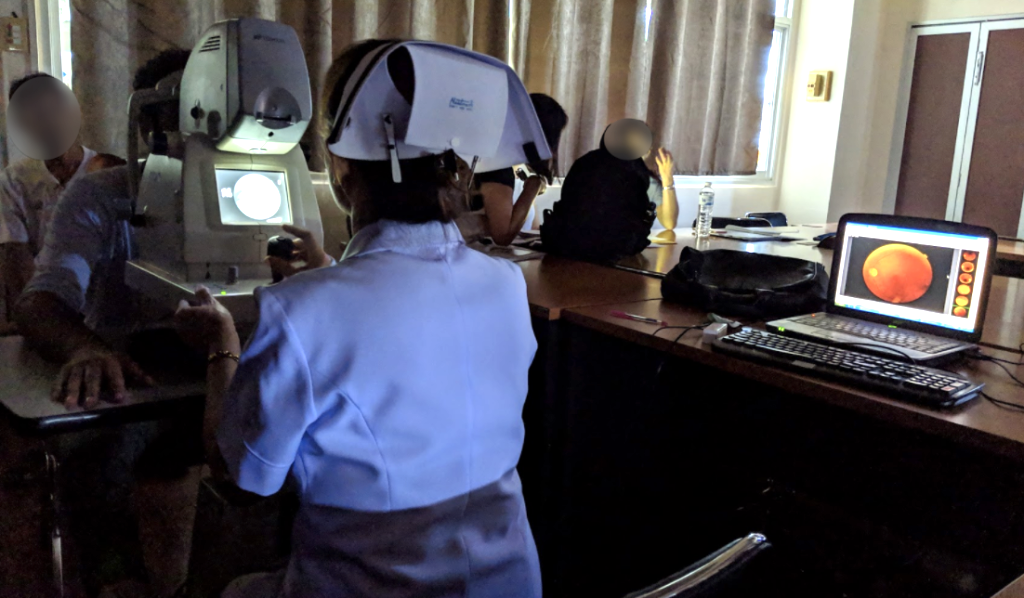
The gulf between the technical brilliance claimed for Google's deep learning model and its real-world application points to a common problem that has hindered the use of AI in medical settings.
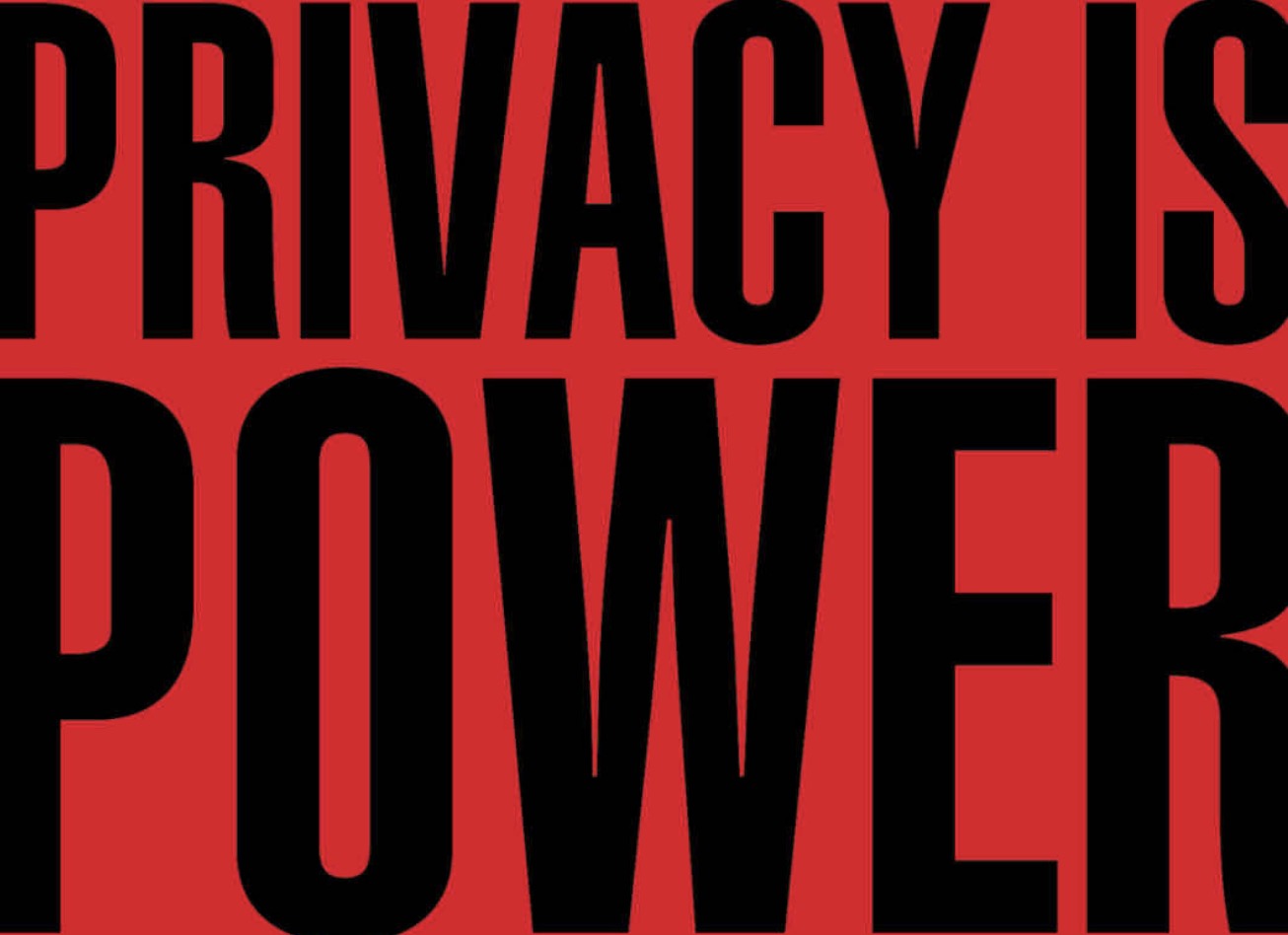
The first book to call for the end of the data economy. Carissa Veliz exposes how our personal data is giving too much to big tech and governments, why that matters, and what we can do about it.
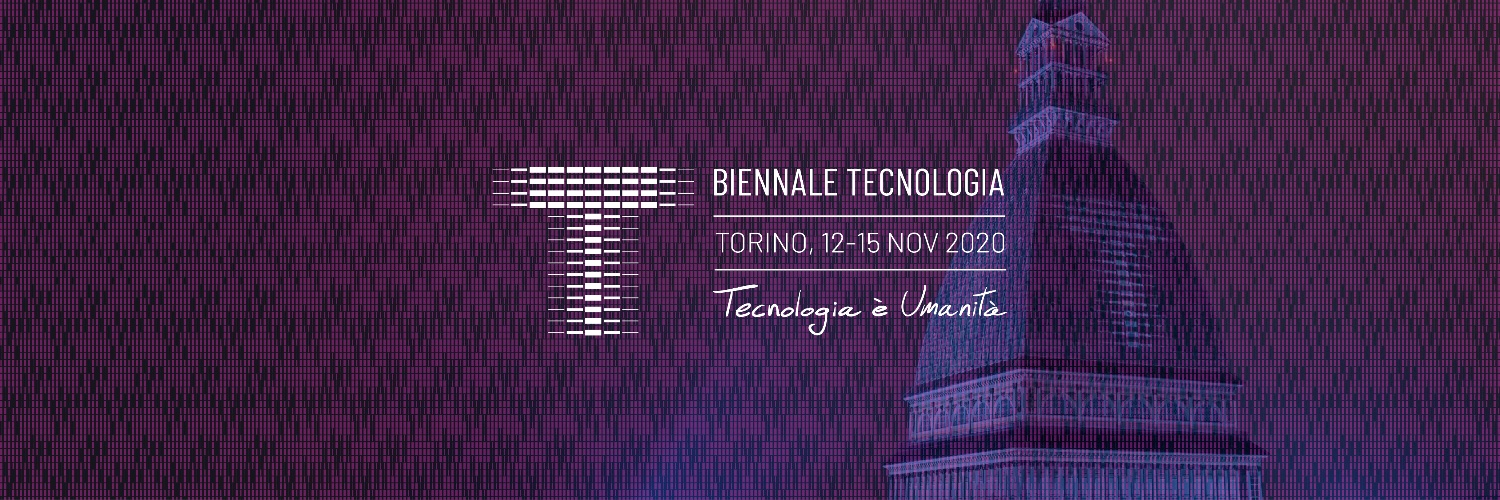
Experientia's Jan-Christoph Zoels and Mark Vanderbeeken will be part of discussion panels at the upcoming Biennial of Technology in Turin, Italy.

7 day online interactive course with vertical, thematic focus on tools and methods of behavioral design for cultural change to tackle societal challenges
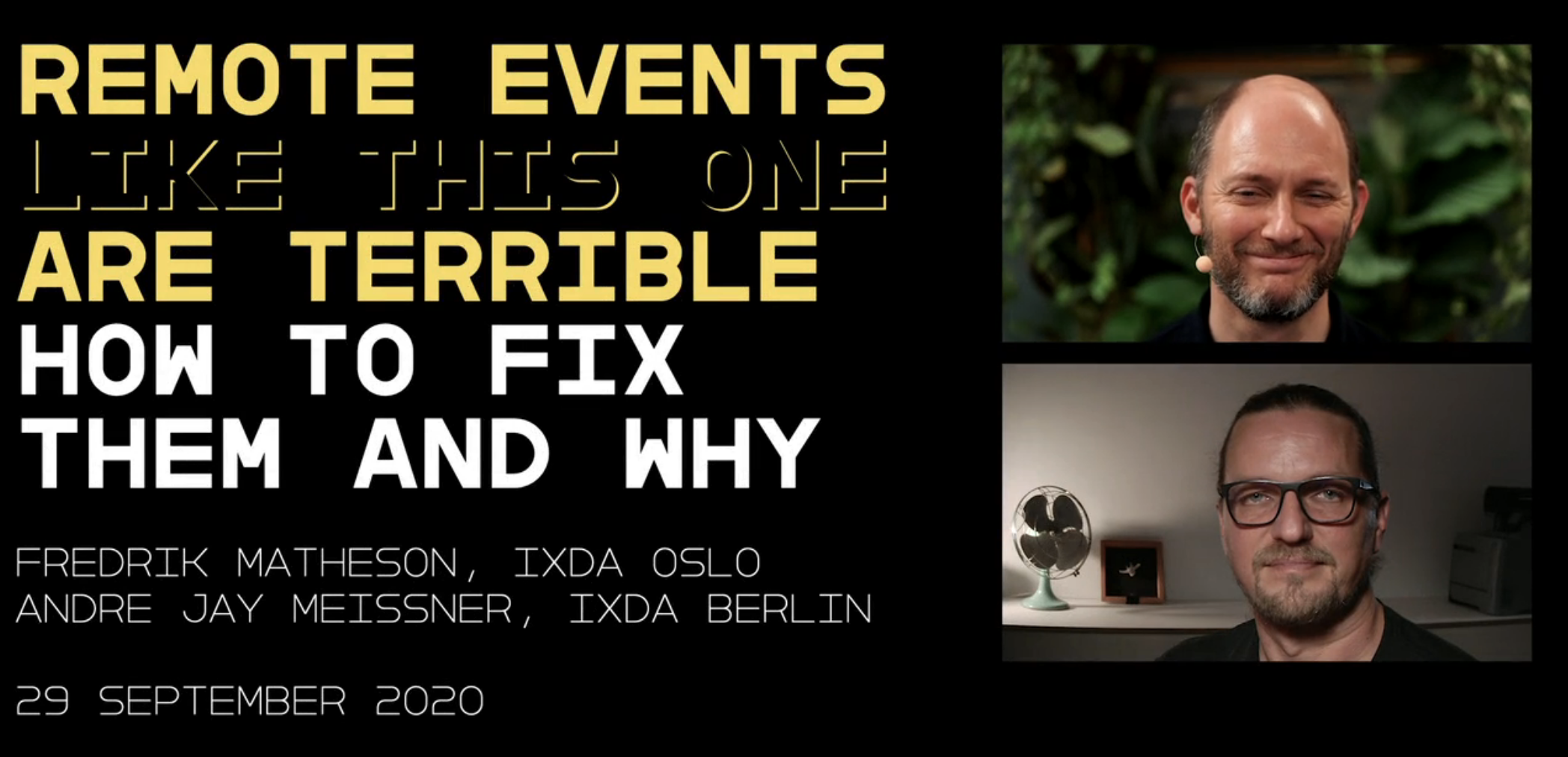
In this talk, Andre Jay Meissner and Fredrik Matheson talk about what we've lost, why existing tech and formats are a poor replacement, and what we can do to change from a navel-gazing event culture into sustainably shaping a new level of conferencing.
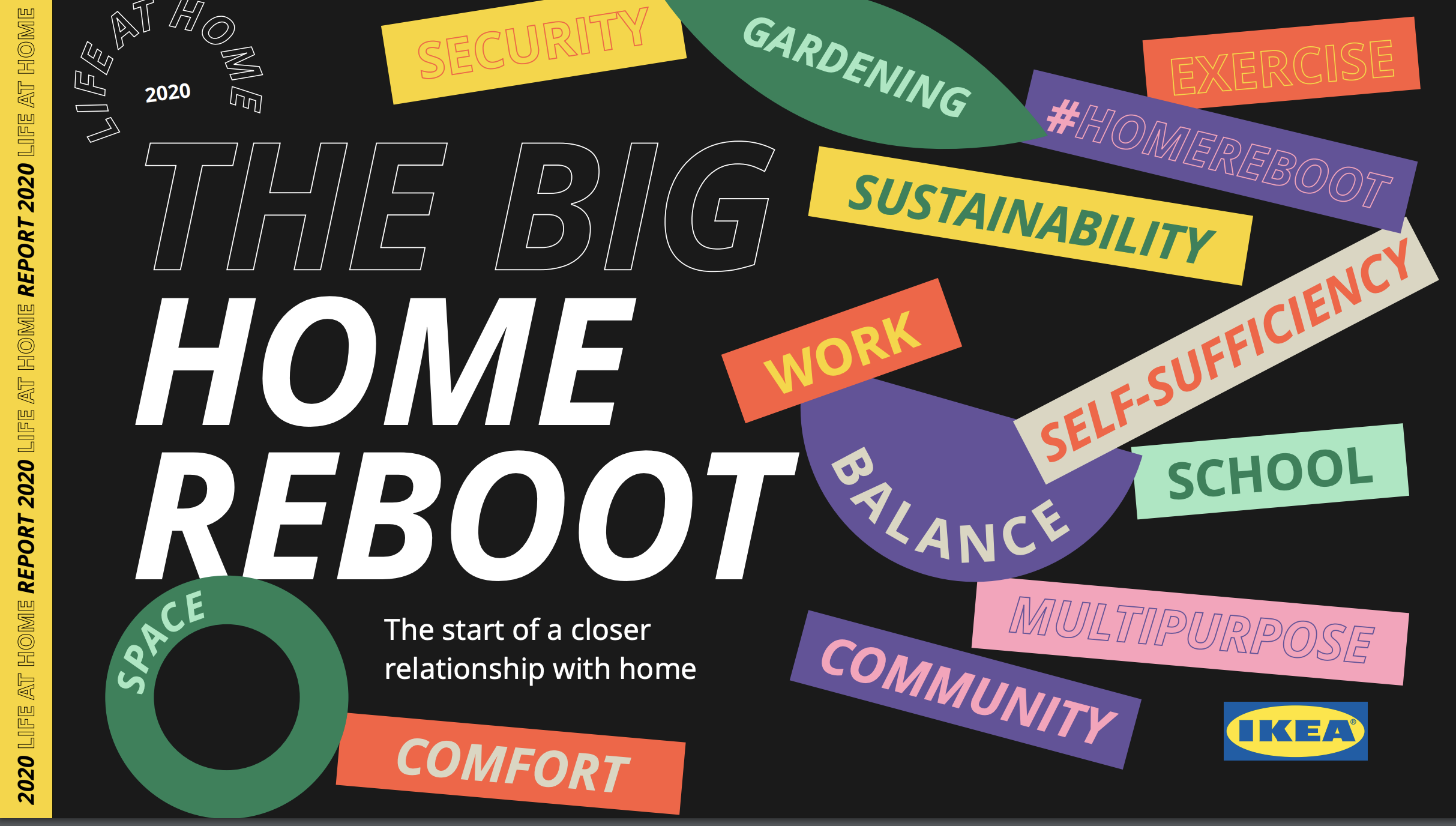
IKEA just launched its seventh Life at Home Report, exploring how people have grown closer to their homes in this extraordinary year

In this article, Lylo Trotta explain the value that both contextual inquiry and ethnographic research provide and discuss why these practices are a crucial, even indispensable part of UX research and design.

It wasn't just technical work but also significant social and emotional labor that turned Sepsis Watch, a Duke University deep-learning model, into a success story.

Fast Company spoke with tech pioneer Jaron Lanier, Microsoft CVP Emma Williams and Stanford professor Jeremy Bailenson.

The Gogle Wellbeing Lab joined up with the company's Pixel team to run an ethnographic study across four countries, examining the relationship people in the United States, Germany, India, and South Korea had with their selfies.
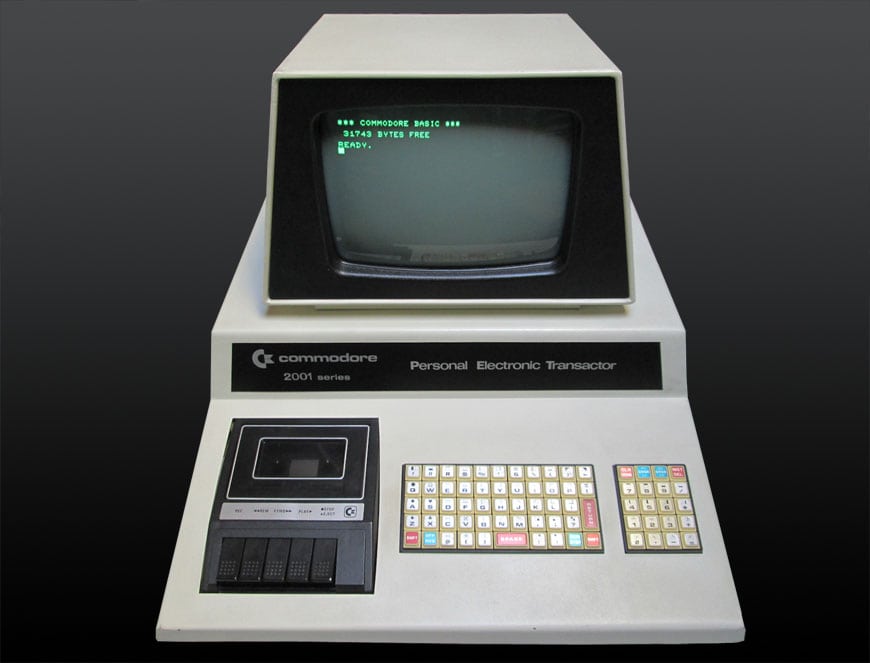
This essay by AI specialist Jessy Lin explores some of the possibilities to rethink how humans and "intelligent" machines interact today.
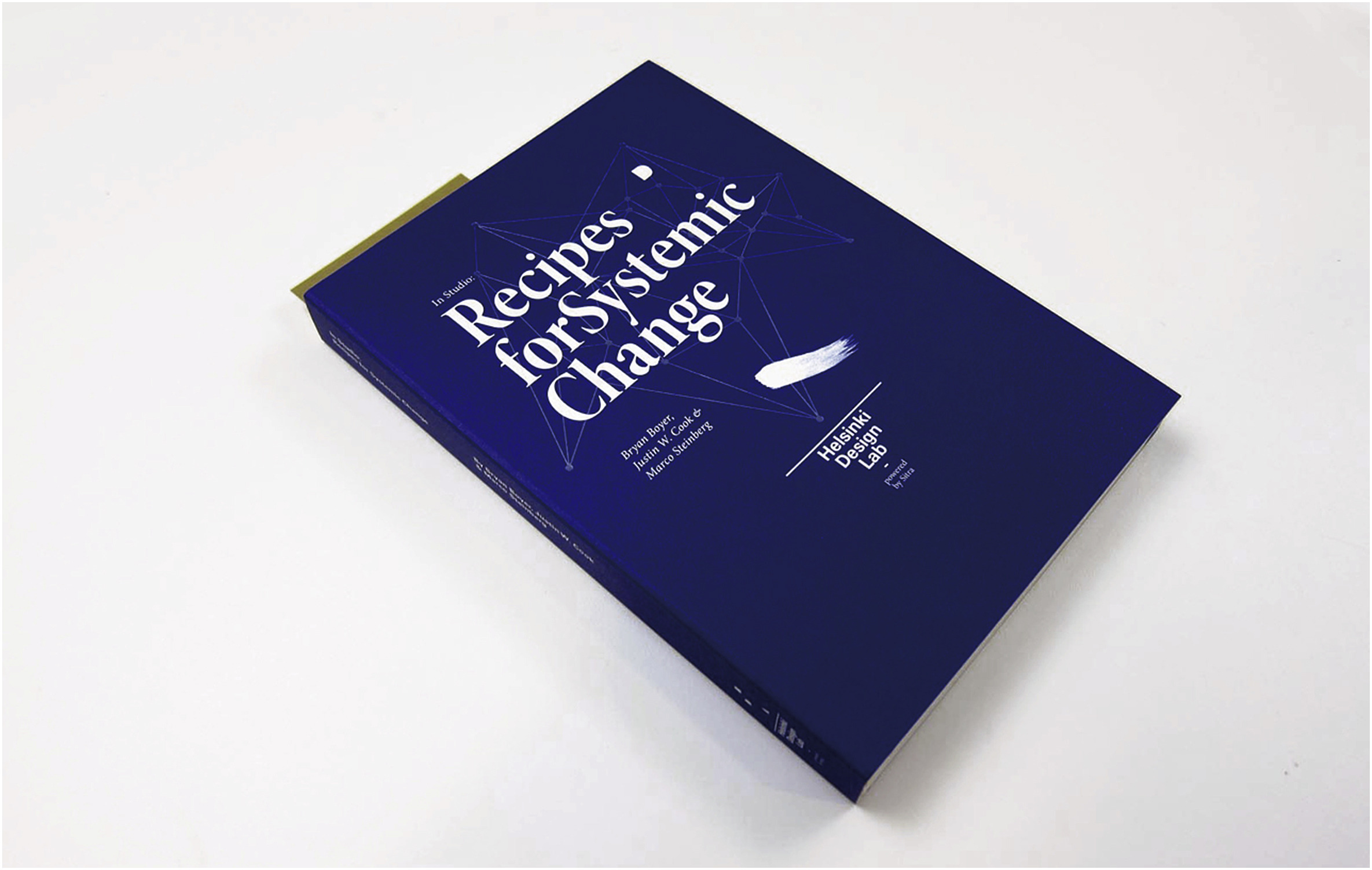
A survey of Helsinki Design Lab's activities 2008-2013, with reflections on the three "bets" that the Lab made and their relevance today.
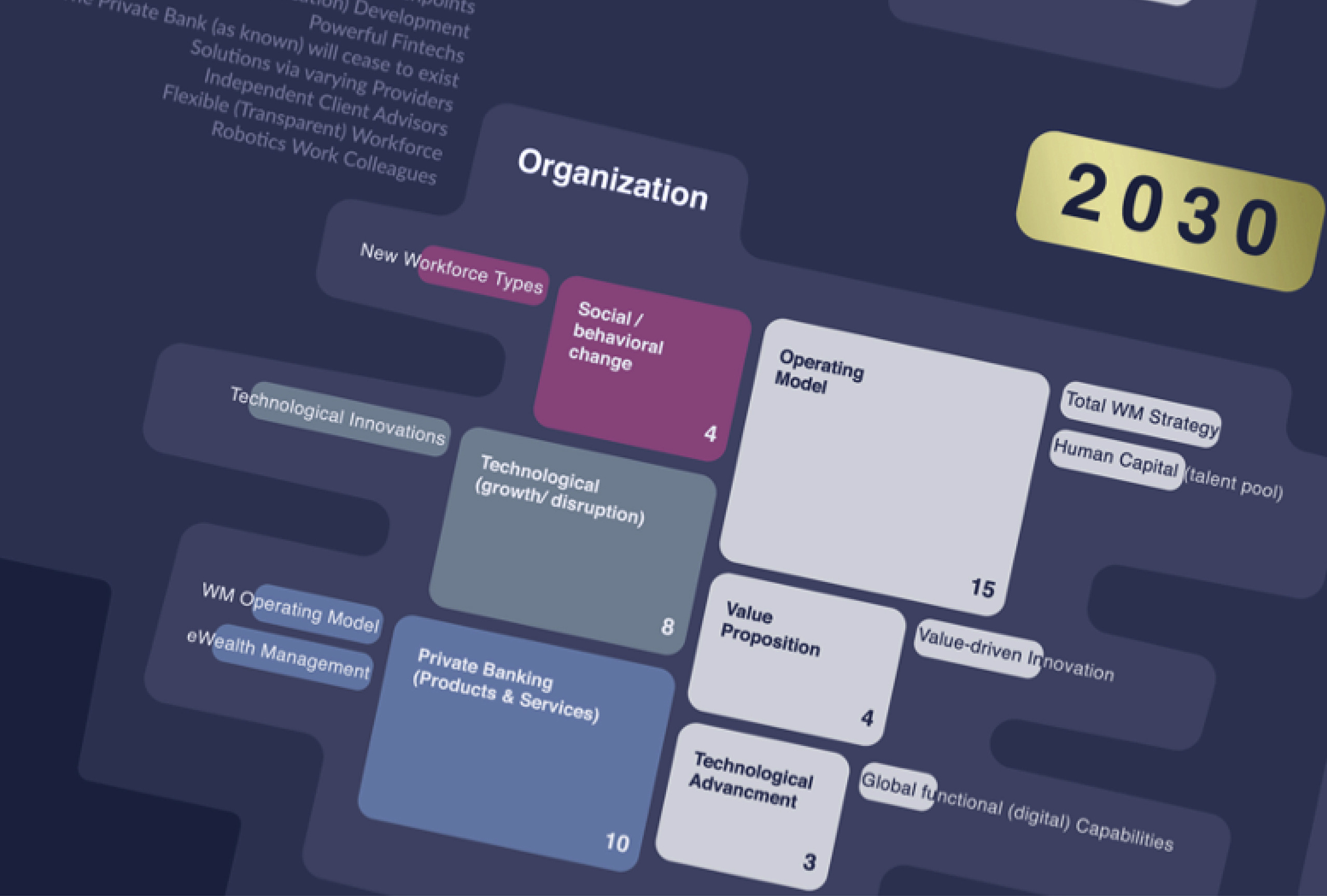
Integrating design with foresight enables decision makers to contend with changes coming from the world (inbound change) and changes the organization creates to influence the world (outbound change; strategy).
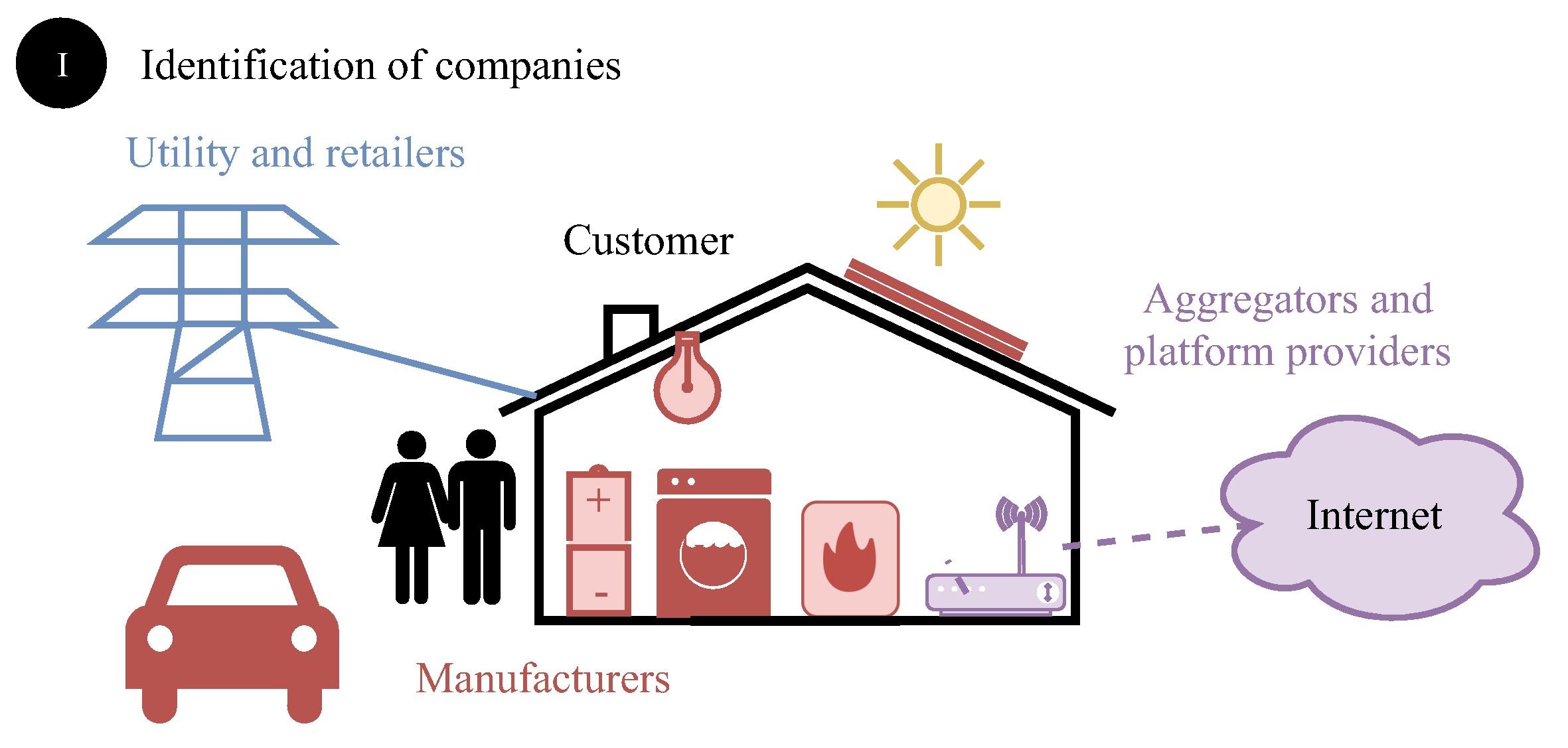
Designing energy services with a human-centered approach will allow us to rely on consumers not only as executors of changes in energy consumption, but also as providers of data.








































